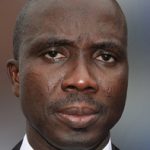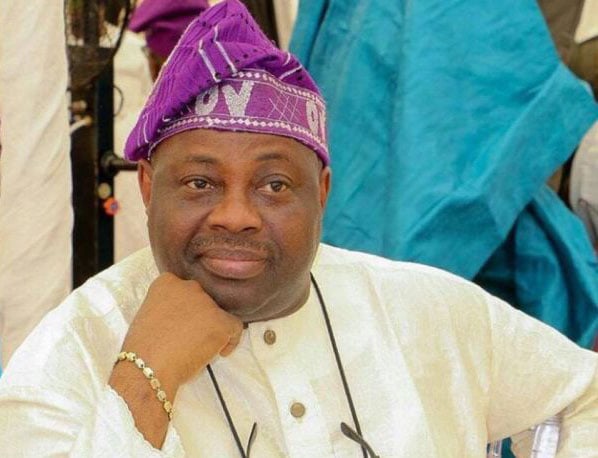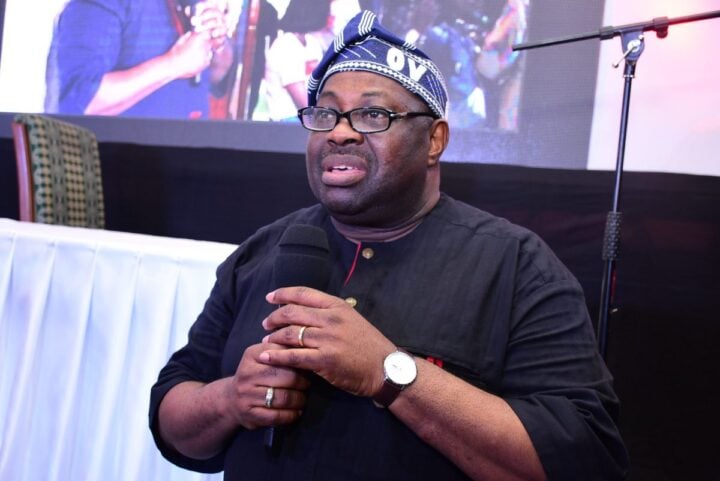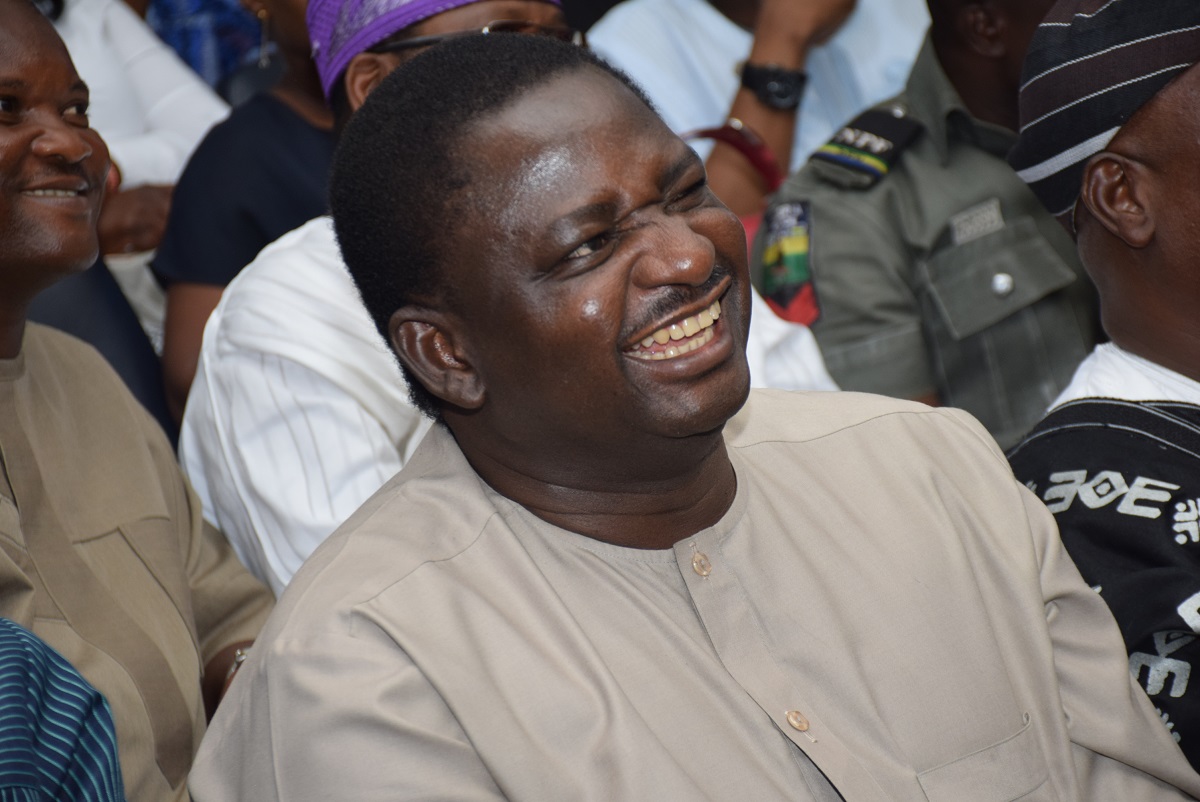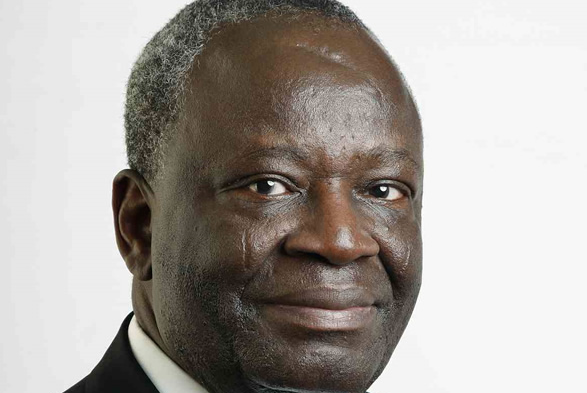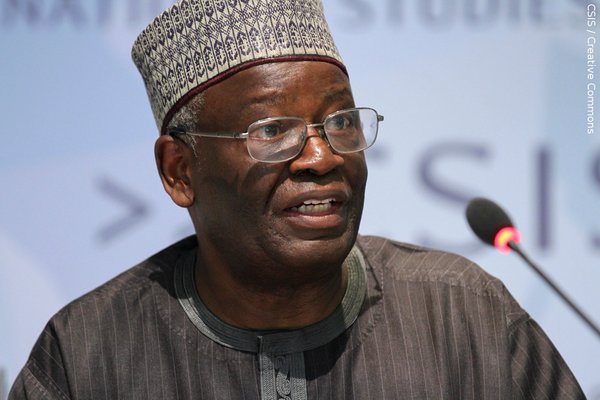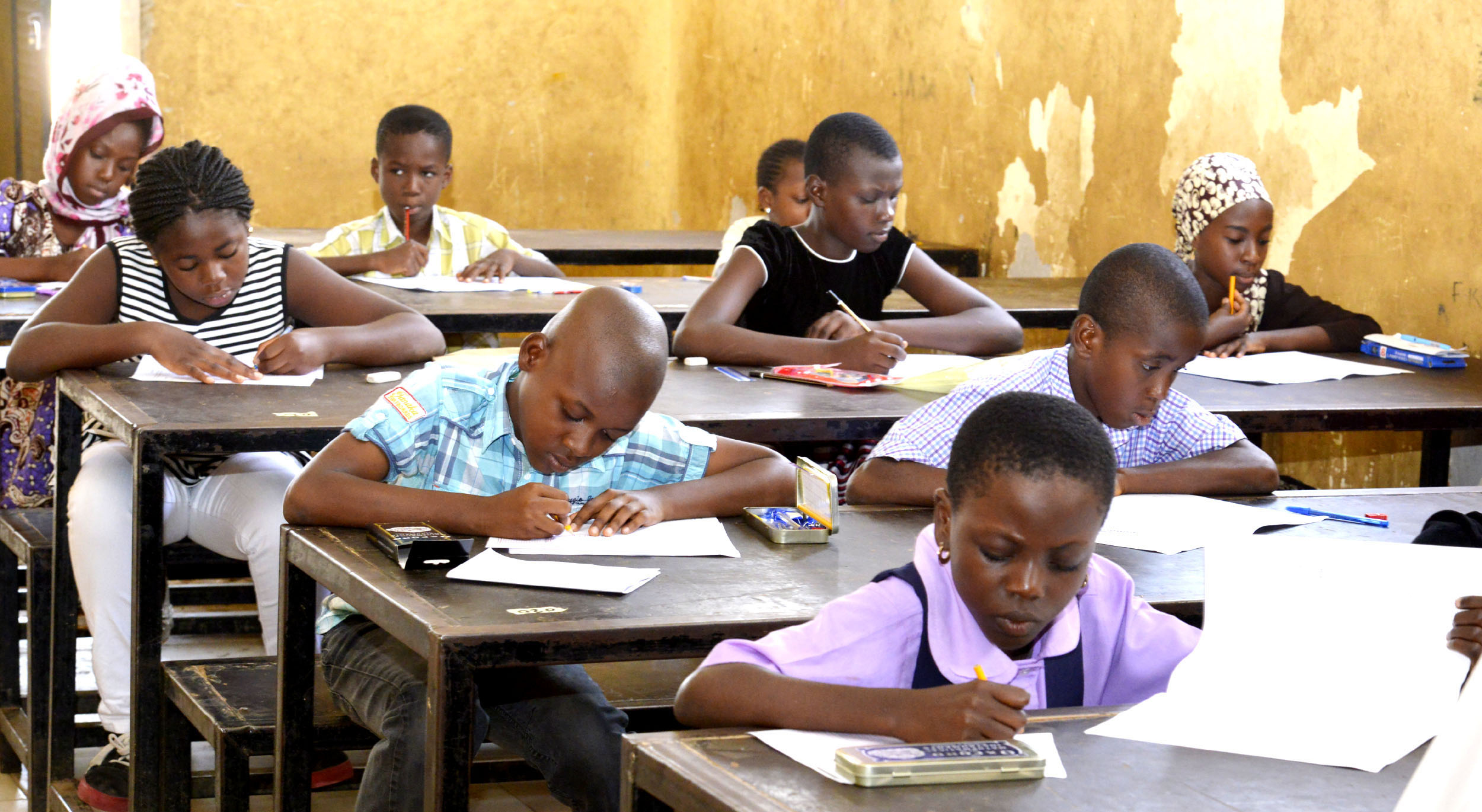The news about the award of the engineering, procurement and construction contracts for the Train 7 project for the Nigerian Liquefied Natural Gas (NLNG) which broke in the media on Thursday was a silver lining in the dark cloud of the current period. In a period where our country is battling with its own share of the global pandemic called Covid-19, and when very patriotic citizens should worry about the implications on the economy, the story about the commencement of the LNG Train 7 gave some cause to cheer.
According to the company, the Train 7 aims to increase the company’s capacity from 22 metric tonnes per annum to about 30 metric tonnes per annum and will form part of the investment of over $10 billion, including the upstream scope of the LNG value chain. Though the contract was awarded to SCD Joint Venture Consortium, comprising three foreign oil giants – Saipem of Italy, Japan’s Chiyoda and Daewoo of South Korea, the contract would create employment for some Nigerians with the technical knowhow and support skills.
It will also inject huge foreign exchange into the economy and become a major centre of economic activity in the country. At the end of the day, when the Train 7 of the LNG start supplying product to the international market, it would provide additional source of money to the country since the Federal Government owns 49 percent of the NLNG.
On reading the news in the online version of a national daily, it got memories of the Eighth National Assembly rushing into my head. Though one is still in the process of documenting some of the issues and events of the four years of the last Senate where I served as a senior aide to its President of the Senate, but I cannot but remember a development in the last National Assembly which would probably have created a serious setback for the present achievement of the NLNG. It was a development that created disturbances in the ranks of the international oil and gas companies, particularly the three major part owners of the NLNG.
Advertisement
In June 2017, Senators from the oil producing South-South zone raised a motion on the floor complaining that gas producing companies were exploiting a lacuna in Section 14 of the Niger Delta Development Commission (NDDC) Act which compelled oil companies to contribute three percent of their annual budget for the use of the commission in sponsoring development efforts in the oil producing areas.
The Senators noted that since the provision of the law mentioned oil companies, the gas companies had been evading the legal responsibility to contribute to the upkeep of their immediate operating environment. The Senate President, Dr. Abubakar Bukola Saraki, then directed the relevant committees to engage with the gas companies in conjunction with the NDDC and find a peaceful resolution. The Senate President also suggested that the response to the issue might involve a review of the relevant law.
However, when the same matter came up in the House, the members from Niger Delta region went for a radical and swift response. They sponsored a bill that sought to amend the Liquified Natural Gas (LNG) Act. The bill provided that the NLNG and other gas-producing companies should contribute not less than three percent of their annual budget to the NDDC and that the actual percentage should be determined by the Minister of Petroleum Resources as he may deem fit.
Advertisement
What this means is that there would be no fixed rate as it is the case with the oil companies under the NDDC Act. The Minister could fix as much as ten percent or more of the annual budget of the gas producing companies as their contribution to the NDDC. The percentage can also vary from year to year since it is at the discretion of the Minister. It is just that it could not go below three percent. The members from the Niger Delta area in the House did their home work very well among their colleagues and the bill was passed and sent to the Senate.
At this point, panic set in, in the oil and gas community in Nigeria. The first person to alert the Senate President was the then High Commissioner of the United Kingdom to Nigeria, Mr. Paul Arkwright who at a meeting alerted the Saraki about the dissatisfaction of the IOCs with the bill which might cause a setback for the operations of the oil and gas companies. The bill also evidenced the uncertainty in the Nigerian business environment. By then, the bill had moved to the Senate chamber after its passage by the House.
The NLNG also sent a delegation to the Senate President, Dr. Saraki, and Speaker Yakubu Dogara seeking their intervention on the bill. The eight-man delegation comprising members of the executive management committee and shareholders representatives met with Saraki and members of the relevant committees as well as some of the Senators from the Niger Delta area on November 15, 2017 in the Senate Building.
They made a strong case as to the negative implications of the LNG Act (amendment) Bill on the operations and progress of the LNG project and the targets already set by the company. The bill, they explained, would affect their budgeting and development plan. The team also had a separate meeting with Speaker Dogara in the House of Representatives.
Advertisement
The complaints of the oil and gas operators on the amendment to the LNG Act was thereafter discussed during one of the joint leadership meeting of both chambers of the National Assembly usually held in Saraki’s House every other Monday. At the meeting, a decision was taken that as a result of the implication of any disruption of the operations of the LNG to the economy, the LNG Act (amendment) Bill should be withdrawn.
In its place, another bill in the Senate which already addressed the same issue that the federal legislators from the Niger Delta were aggrieved about should be supported in both chambers. The Bill, the NDDC Act (Amendment) Bill was at that time in its early stage of consideration in the Senate. It sought to fill the gap in the old law as it amended Section 14 sub section 2 (b) of the existing law which fixed the percentage of the budget of the oil companies due to be paid to the NDDC.
The bill now provided for a Section 14 (2) (b) (ii) in which three percent of “the total annual budget of any gas processing company operating in the Niger-Delta area, excluding the cost of feed gas” shall be contributed annually to the NDDC. On November 29, 2017, 14 days after the delegation of the NLNG visited the Senate, the bill was passed. The passage of the NDDC (Establishment) Act 2000 (amendment) Bill 2017 staved off the the necessity for the LNG Act (amendment) Bill and the bill died a natural death.
With that singular action, Saraki, Dogara and their colleagues removed a clog in the wheel of progress of the LNG operations. The intervention showed that the Eighth National Assembly was pro-business. It was also pro-people and was able to maintain a fine balance between national interest and the need to encourage investment in the economy. The two chambers worked to ensure that the people of the Niger Delta got their due and that in the process, measures that could scare foreign investment or injure the progress of a major investment in the country were averted.
Advertisement
The success of Saraki and Dogara in managing the situation also demonstrated how a legislative chamber should be responsive, responsible and prompt in protecting the interest of the various constituents including the local community and the international investors whose participation gives the national economy its vibrancy, vigour and dynamism.
Today, as we celebrate another landmark in the operations of the NLNG, let me take the liberty to also commend the lawmakers who acted to ensure that the dream of the project continued unhindered and that the standard of the law being an instrument for societal development is sustained.
Advertisement
Olaniyonu was special adviser to former senate president, Saraki
Advertisement
Views expressed by contributors are strictly personal and not of TheCable.
Add a comment
